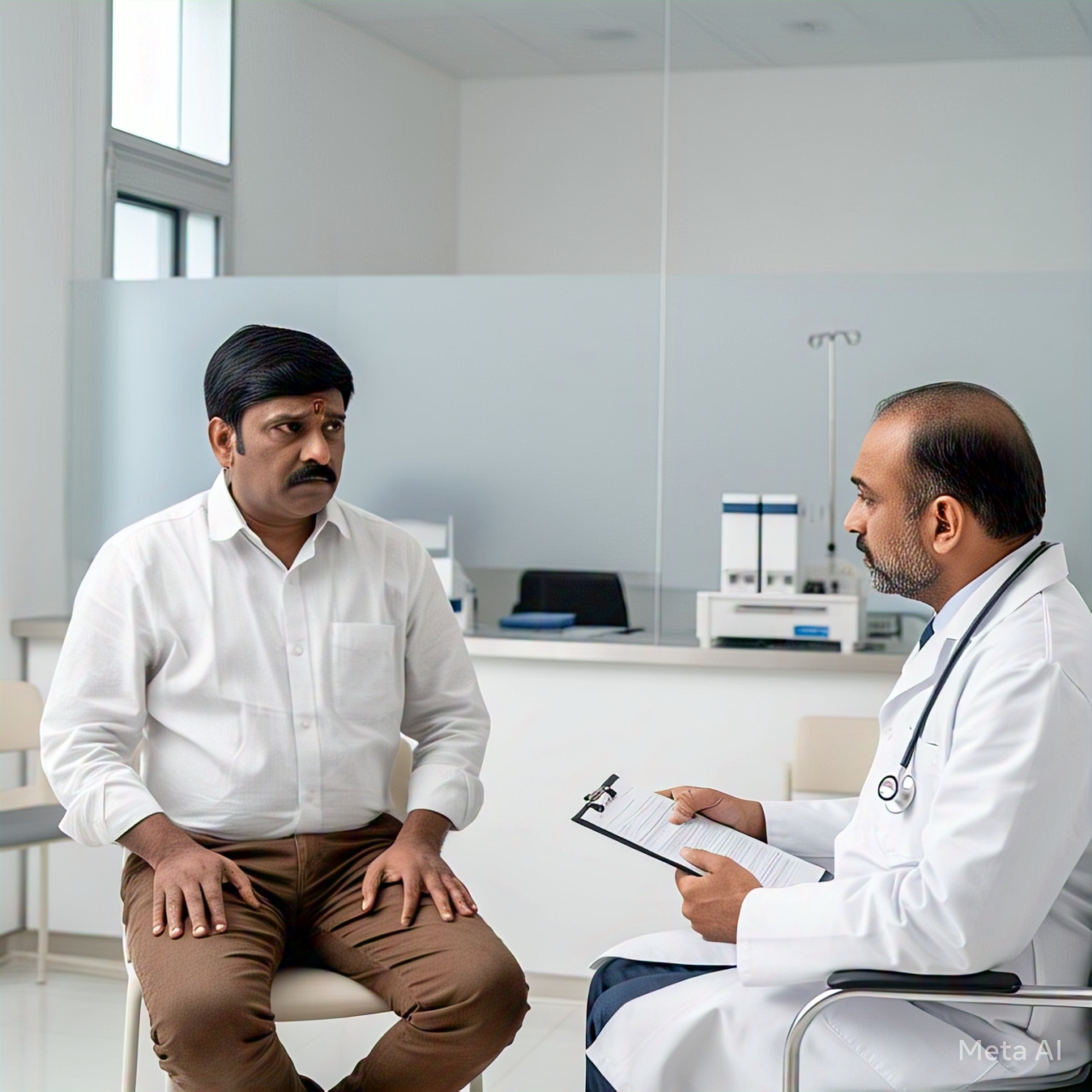Blog Details
- Home
- Blog Details

Fixing the Bulge: Understanding Hernia Repair
Have you noticed a soft lump or bulge under your skin, especially when you cough, lift something heavy, or strain? This could be a hernia (in Hindi, often called "pet ki rassi" or just "hernia"). A hernia happens when an organ (like part of your intestine) pushes through a weak spot in your muscle or tissue. While not always painful at first, hernias usually don't go away on their own and can cause serious problems if left untreated. That's why Hernia Repair Surgery is often recommended.
What is Hernia Repair? What are the common types/methods?A hernia is essentially a weakness or hole in the body's wall, allowing something to push through. Hernia Repair Surgery aims to push the bulging tissue back into place and strengthen the weak spot, usually with a mesh patch.
The most common types of hernias and their repair methods include:
- Inguinal Hernia: Most common, usually in the groin area.
- Femoral Hernia: Also in the groin, but lower.
- Umbilical Hernia: Around the belly button.
- Incisional Hernia: At the site of a previous surgery scar.
The two main ways to perform hernia repair are:
1. Open Hernia Repair: The surgeon makes a single cut (incision) directly over the bulge. The bulging tissue is pushed back, and the weakened muscle wall is either stitched together or, more commonly, covered with a synthetic mesh to strengthen it.
2. Laparoscopic Hernia Repair (Keyhole Surgery): The surgeon makes several small cuts away from the hernia. A thin tube with a camera (laparoscope) and special instruments are inserted. The surgeon views the procedure on a TV screen, pushes the hernia back, and places a mesh from the inside to cover the weak spot.
Advantages of different methods
Open Hernia Repair:- Can be done under local anesthesia in some cases.
- Suitable for all types of hernias, including very large or complicated ones.
- Often less expensive.
Laparoscopic Hernia Repair (Keyhole Surgery):
- Smaller incisions: Less pain, less scarring, and often a better cosmetic result.
- Faster recovery and quicker return to daily activities.
- Reduced risk of infection at the incision site.
- Useful for fixing hernias on both sides (bilateral) at the same time.
When is Hernia Repair indicated?
Your doctor will recommend hernia repair if you have:
- A hernia that causes pain or discomfort.
- A hernia that is growing larger.
- A hernia that cannot be easily pushed back in (incarcerated hernia).
- Signs of a "strangulated hernia": This is a medical emergency where the trapped tissue loses its blood supply, causing severe pain, nausea, vomiting, and redness. This requires urgent surgery.
- Most hernias are advised to be repaired to prevent future complications.
Latest Advancements and their Advantages
Hernia repair techniques are continuously improving:
- Advanced Mesh Materials: Newer mesh types are lighter, more flexible, and better integrated with the body, leading to less discomfort and better long-term results.
- Robotic-Assisted Hernia Repair: Robots provide surgeons with enhanced precision, 3D vision, and greater control, especially for complex or recurrent hernias, leading to improved outcomes and faster recovery.
- Minimally Invasive Approaches (e.g., eTEP, TAPP, TEP for laparoscopic): These specific laparoscopic techniques are designed for even better outcomes and less patient discomfort.
Average Length of Stay in Hospital and Recovery Time
- Hospital Stay: For most Laparoscopic Hernia Repair, it's often a daycare procedure (go home the same day) or a 1-night stay. For Open Hernia Repair, it's usually 1 to 2 days.
- Recovery Time: You'll usually be encouraged to walk soon after surgery. You can return to light activities and work (desk job) in 1-2 weeks for laparoscopic repair, and 2-4 weeks for open repair. Avoid heavy lifting and strenuous activities for 4-6 weeks to allow the area to heal properly.
Success Rates and Common Complications
- Success Rates: Hernia repair surgery has a very high success rate in fixing the bulge and preventing recurrence, often over 95-98%, especially with mesh repair.
- Common Complications (Rare but good to know):
- Infection at the incision site or around the mesh (rare).
- Bleeding or bruising.
- Recurrence of the hernia: The hernia can sometimes come back, though this is less common with modern mesh repairs.
- Chronic pain: Persistent mild pain or discomfort, though usually manageable.
- Nerve damage: Very rare, leading to numbness or pain in the area.
Do you want to know more about the best hospitals and experienced doctors for Hernia Repair surgeries in Lucknow? Contact the Medifinder team today at +91 63066 62068 for personalized guidance!
